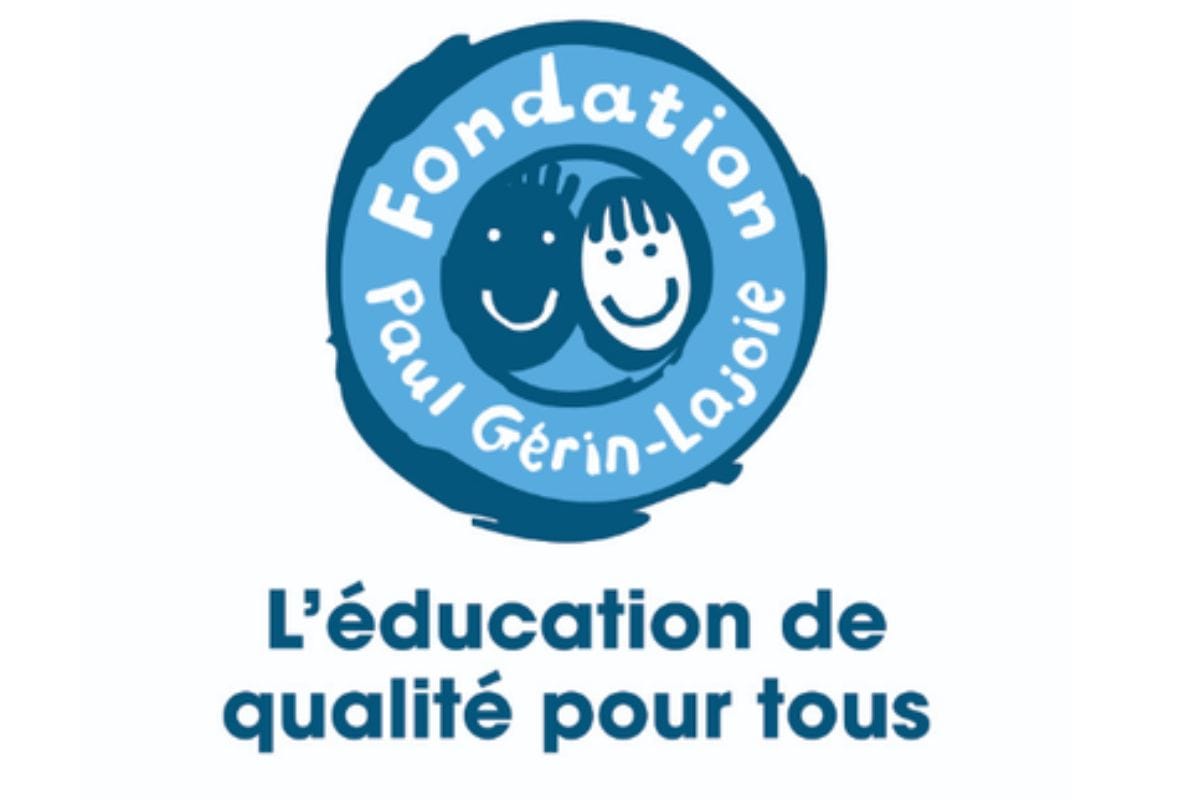Knowledge, Rights and Leadership: Actions by and for Women to Adapt to Climate Change by Fondation Paul-Gérin-Lajoie
Project Information
The “Women in Action” initiative aims to reduce climate vulnerability for 4,500 women and girls in the agricultural and forestry sectors of South and North Kivu, DRC. It seeks to provide conservation and restoration benefits for forest biodiversity in one of Africa’s richest ecological regions. The project focuses on promoting equitable adoption of nature-based solutions for climate adaptation, leveraging indigenous knowledge. It will enhance women’s access to financial and land resources, empowering them to participate in decision-making within their communities. Additionally, it aims to improve the recognition of local rights holders, especially women and girls, in political and governance frameworks.
The initiative focuses on enhancing the climate adaptation capabilities of women and girls, particularly the most vulnerable, in the agricultural and forestry sectors of South and North Kivu. This effort includes conservation and restoration co-benefits for forest biodiversity. It promotes the equitable adoption of nature-based solutions (NbS) for climate adaptation and restoration, specifically benefiting women and girls, while simultaneously contributing to biodiversity conservation and restoration.
The project aims to increase the agency of women and girls over resources and decision-making within their groups and households, which is essential for the growth and climate adaptation of their income-generating activities. These activities also provide co-benefits for forest biodiversity. Furthermore, the initiative seeks to amplify the influence of women and girls within their communities, public services, and the private sector, ensuring their rights, issues, and solutions are considered in climate adaptation and biodiversity restoration and conservation efforts.
This project focuses on capacity building and the development of knowledge and tools. It supports studies on biodiversity, climate change, and adaptation solutions, utilising local knowledge to benefit women and girls. Awareness programs are conducted in communities and schools about harmful practices to ecosystems, while technical support and equipment are provided for participatory biomonitoring and agroecological/restoration practices.
Training is offered on gender-sensitive management and climate adaptation techniques, with practical NbS demonstration sites established. Women and girls receive support for agroecological NbS, forest restoration campaigns, and energy reforestation. They are also trained in organizational development, savings/credit mechanisms, and land ownership negotiations.
The project includes training on positive masculinities and gender-based violence reduction, alongside support for literacy initiatives and life skills programs. Advocacy training is provided on women’s climate and environmental rights, with leadership programs fostering change agents. Multi-actor dialogues on human rights and land rights are facilitated, and gender-sensitive training is delivered to local committees. Lastly, consultation mechanisms are revitalised to enhance the participation of women and girls in biodiversity conservation efforts.

Project Data
Fondation Paul Gérin-Lajoie (FPGL)
Jane Goodall Canada (JGI), Institut Jane Goodall RDC (JGI RDC), Pilier aux Femmes Vulnérables Actives en RDC (PIFEVA), la Coalition des Femmes Leaders pour l’Environnement et le Développement Durable (CFLEDD), and la Plateforme Diobass au Kivu (DIOBASS) et la Caritas Goma.
